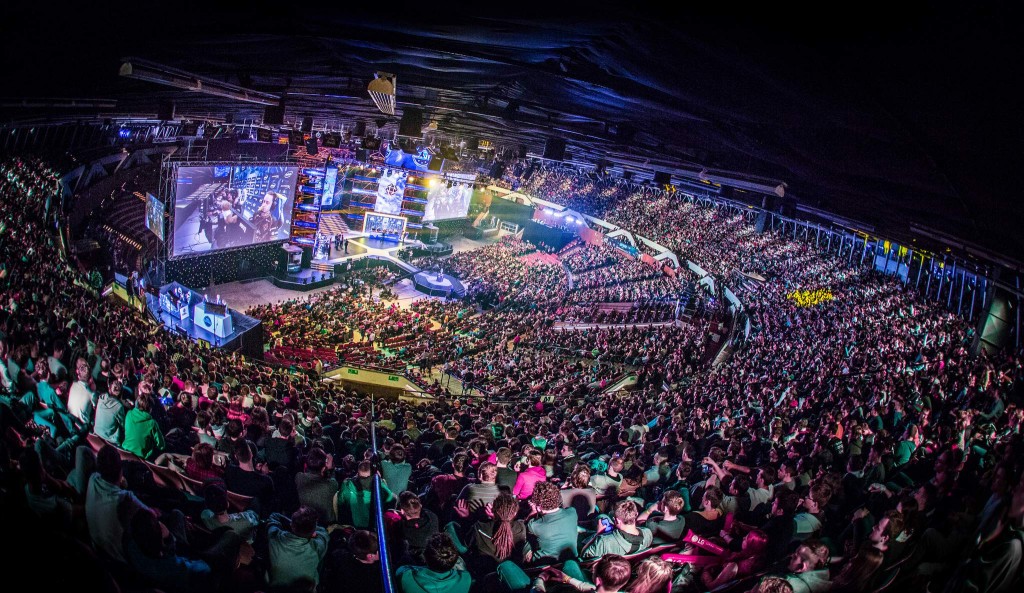
Revolutionizing Esports: The Impact of Game Broadcasting Platforms
The world of esports has experienced a paradigm shift in recent years, with game broadcasting platforms playing a pivotal role in this transformation. Traditional sports have long relied on television networks to broadcast games to fans worldwide. However, the digital age brought about a revolution, giving birth to online platforms specifically tailored for gaming content. This evolution has not only transformed how we consume esports but has also significantly impacted the industry as a whole.
One of the key aspects of this revolution is the global accessibility provided by game broadcasting platforms. Unlike traditional television, these platforms offer a borderless experience, allowing fans from different corners of the world to connect over their shared passion for gaming. Twitch, one of the pioneering platforms, enabled gamers to stream their gameplay live, inviting viewers to join them in real-time. This interactivity created a sense of community, where viewers could chat with their favorite streamers and fellow fans, fostering a unique bond within the gaming community.
Moreover, game broadcasting platforms have democratized esports, providing a platform for aspiring gamers and content creators to showcase their skills. With just a computer and an internet connection, anyone can become a streamer, reaching a potentially vast audience. This democratization has paved the way for talented individuals who might have gone unnoticed in traditional avenues to rise to stardom within the gaming community. The rise of esports stars and influencers, largely cultivated through these platforms, has reshaped the way we perceive professional gaming, with players now attaining celebrity status comparable to traditional sports athletes.
Monetization has been another significant impact of game broadcasting platforms on esports. Through methods such as ad revenue, subscriptions, and donations from viewers, streamers can turn their passion for gaming into a viable career. This financial support not only benefits individual content creators but also contributes to the growth of the esports ecosystem as a whole. Esports organizations and tournament organizers utilize these platforms to reach a wider audience, attracting sponsors and investors eager to capitalize on the industry’s rapid expansion.
Furthermore, the immersive nature of game broadcasting platforms has enhanced the spectator experience. Features like live chat, real-time polls, and virtual goods have engaged viewers in ways traditional television broadcasts never could. Viewers are no longer passive consumers; they are active participants in the gaming content they love. This level of engagement has not only bolstered the popularity of esports but has also spurred innovations in game design, encouraging developers to create titles that are not only enjoyable to play but also exciting to watch.
In essence, game broadcasting platforms have transformed esports from a niche subculture into a global phenomenon. The interactive and accessible nature of these platforms has empowered gamers, content creators, and fans alike, reshaping the landscape of competitive gaming. As technology continues to advance, one can only anticipate further innovations, pushing the boundaries of what esports and game broadcasting can achieve together.



